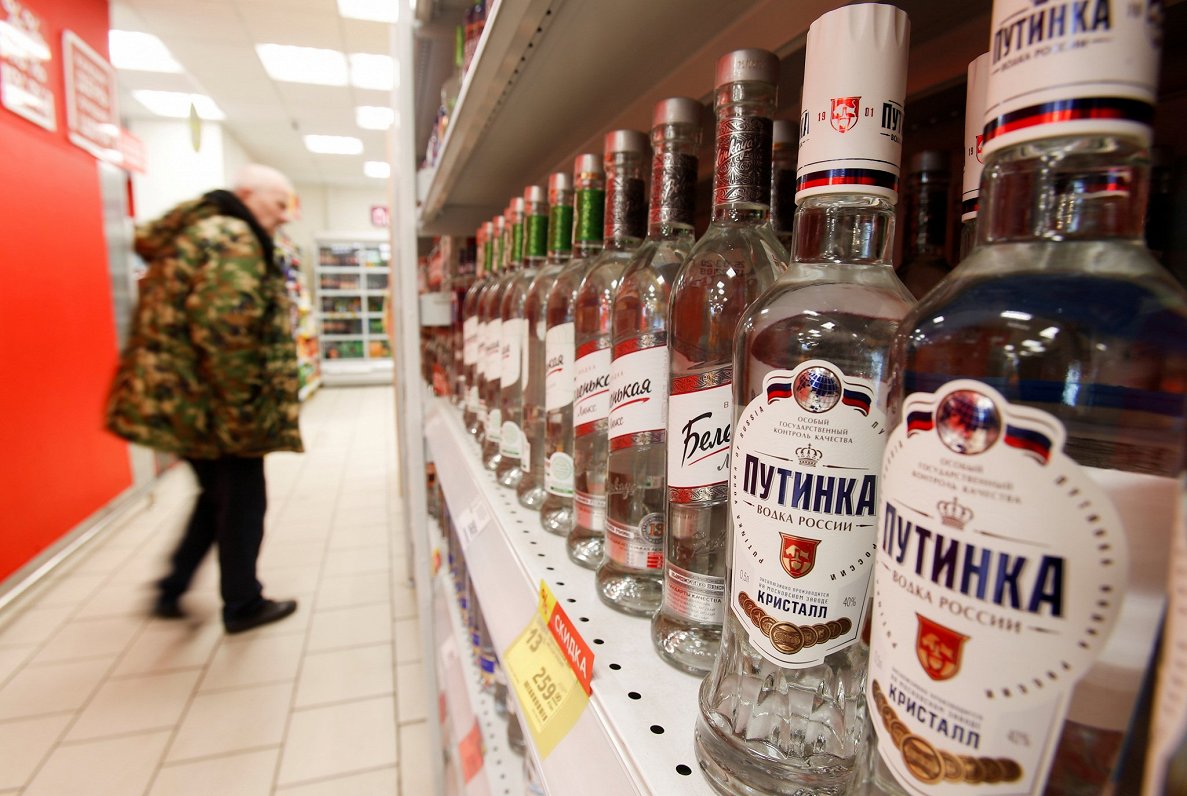Research on the effects of Covid-19 on alcohol consumption habits shows that residents with existing alcohol issues have started to drink more. There are plans to mitigate the effects of alcoholism at the national level, but despite the worrying trend, none of the steps include addressing those who are, for instance, educated or better-off and have hopes of recovering.
“There is no medicine for alcoholism,” an anonymous alcoholic, who has been clean for 14 years, told LTV. “Even though I had experienced the life of a real homeless man, I thought an alcoholic was the one who was lying in front of the station, under the bench, soiled himself – that was the alcoholic.”
The man said he had tried unsuccessfully to get rid of drinking but the Alcoholics Anonymous meetings were the ones that really helped. “I saw people calling themselves alcoholics – coming in suits, white shirts. The picture didn't stick together. But it gave me some hope – if they were over it, those people know what they were doing.”
The time of the pandemic has affected alcohol consumption habits and, as studies show, the most visible changes are among those who have previously experienced addiction problems.
Sanita Lazdiņa, an expert at the Health Ministry's Health Promotion and Dependencies Prevention Division, said: "Latvia participated in a European study, where several European countries looked at how alcohol consumption had changed under the impact of Covid. For most European countries, consumption had not changed, but unfortunately for Latvia, it was growing among these at-risk users. The consumption of spirit drinks is growing rapidly in recent years."
The total alcohol consumption in this group has increased by 56 percent, according to Lazdiņa. Among the countries studied, Latvia was the only country where the incidence of alcohol use has increased significantly.
Narcologist Māris Preinbergs said: "We are fully aware that Latvia is spending hundreds of thousands in medicine to treat the health consequences of our patients, not to treat the causes. If these consequences didn't have to be treated, it would be much cheaper. Hundreds of millions of money is made to treat hepatitis, cirrhosis [..]."
Currently, treatment is covered for the disadvantaged and unemployed. In two years of the unemployed program, it has been completed by 217 people and over 128 thousand euros have been spent. Only a third of those people have found a job or training after the treatment; two thirds are only staying for the winter, said narcologist Preinbergs.
"Some of the patients are happy that they can stay here for 30 days, eat three times a day, and they have their own kitchen here. There are some instances that within those 30 days something clicks in their heads and the person understands they can live differently. We work essentially for those people," said Preinbergs.
One of the proposals to be introduced by the Ministry of Health's new addiction reduction plan is to abolish the co-payment of patients and to introduce an outpatient form of Minnesota program that would reach the most accurate target group possible. In cooperation with the Ministry of Welfare, it is planned to introduce a mentor or associate position that would help alcoholic people not only start treatment but also stay clean. The basis of the Minnesota program are the alcoholics anonymous meetings that are already located in almost every major city of Latvia. The Minnesota program relies not on medication use, but on therapy that isolates the patient from the usual environment.
At the moment, there is a draft law on advertising and marketing restrictions and some trade restrictions discussed among ministries. The recommendation to raise the age of alcohol purchase to 20 years has not been supported.



























